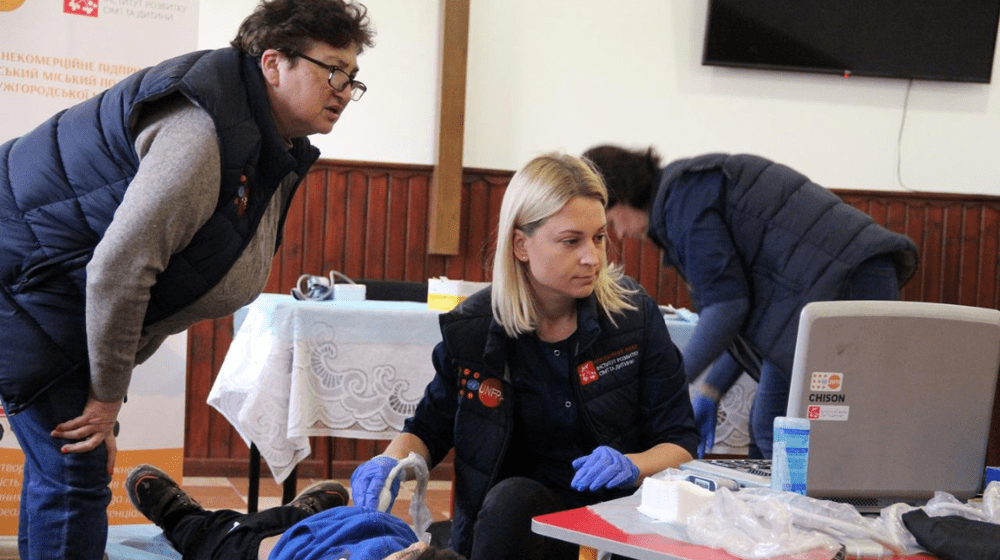In the picturesque embrace of the Carpathians region, where tranquility is infused with the scent of damp, fertile soil and the echoes of the Hungarian language, unfolds the mission of the Mobile Gynecological Team. The Mobile Gynecological Team, supported by UNFPA, the United Nations Population Fund, has recently arrived in the village of Velyki Berehy, located near the border with Hungary. This village, comprising four settlements and hosting approximately 2,800 Ukrainian-Roma residents, lies in a region shrouded in centuries-old mysteries. For the team, the journey to this remote area is not just a routine passage along distant roads, but a pathway into the hearts and life stories of its citizens.
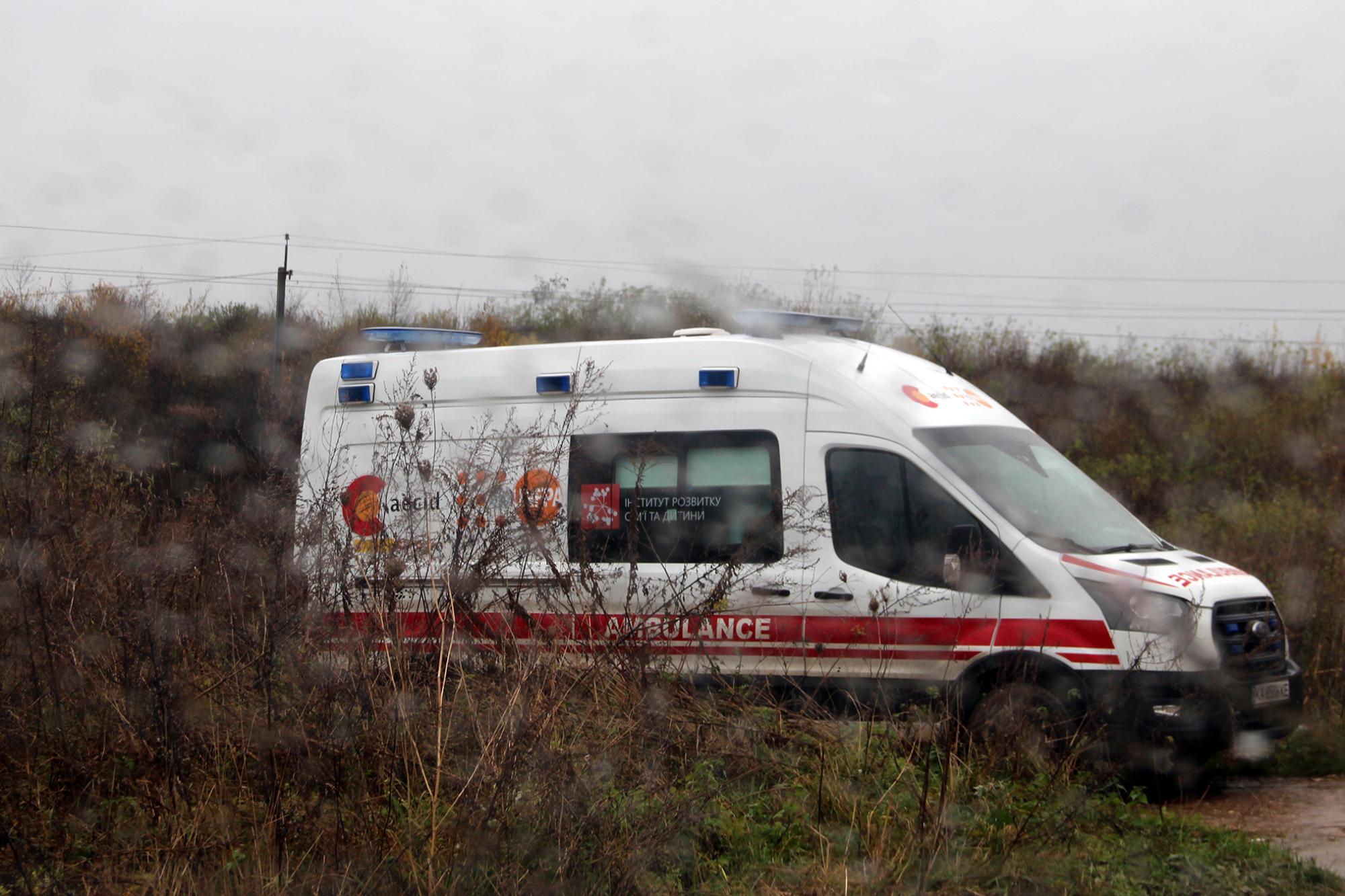
"The village where pregnancy can occur at 11, but also at 50 years old, and where women may not see a doctor for a decade or more, deserves special attention from the specialists. Our mission helps these women identify and address serious health issues, and in some instances – even save lives," emphasizes Sviatoslav Borshosh, an obstetrician-gynecologist, ultrasound specialist, and oncologist at the UNFPA Mobile Gynecological Team.
To reach Velyki Berehy and provide quality medical assistance on sexual and reproductive health matters in the adverse full-scale invasion conditions, the Mobile Gynecological Team regularly overcomes serious obstacles. Navigating the dangers of the air-raids along with the dirt roads that oftentimes become traps for vehicles, – our specialists cover the rest of the route on foot while carrying their equipment.
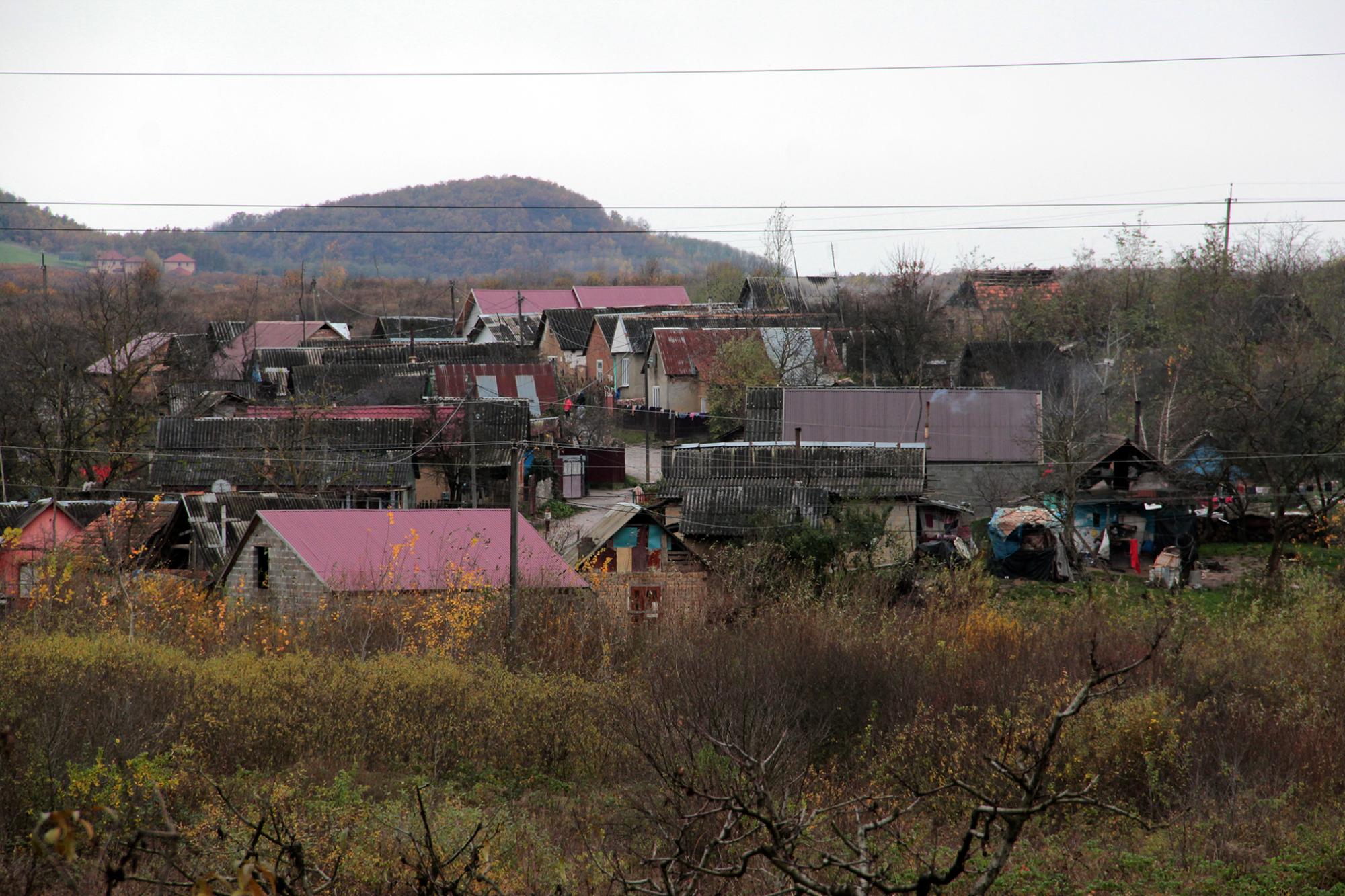
"Our teams are truly mobile. Almost all devices have built-in batteries, allowing us to work when there's no electricity in the facility, or power is simply cut off due to the full-scale invasion. Sometimes, we charge all the equipment directly from our car," shares Victoria Bodnar, a gynecologist at the Mobile Gynecological Team.
The Mobile Gynecological Teams in the Carpathians region have been operational for over a year, challenged by the complexities of the situation caused by the full-scale invasion. During this time, the specialists have examined more than 4,000 women, conducting 20 monthly visits up to date. The teams provide antenatal and postnatal examinations, assess the risk of complications during pregnancy, identify high-risk cases, offer consultations on sexual and reproductive health, and perform screenings for hepatitis B and C, as well as measuring blood sugar levels.
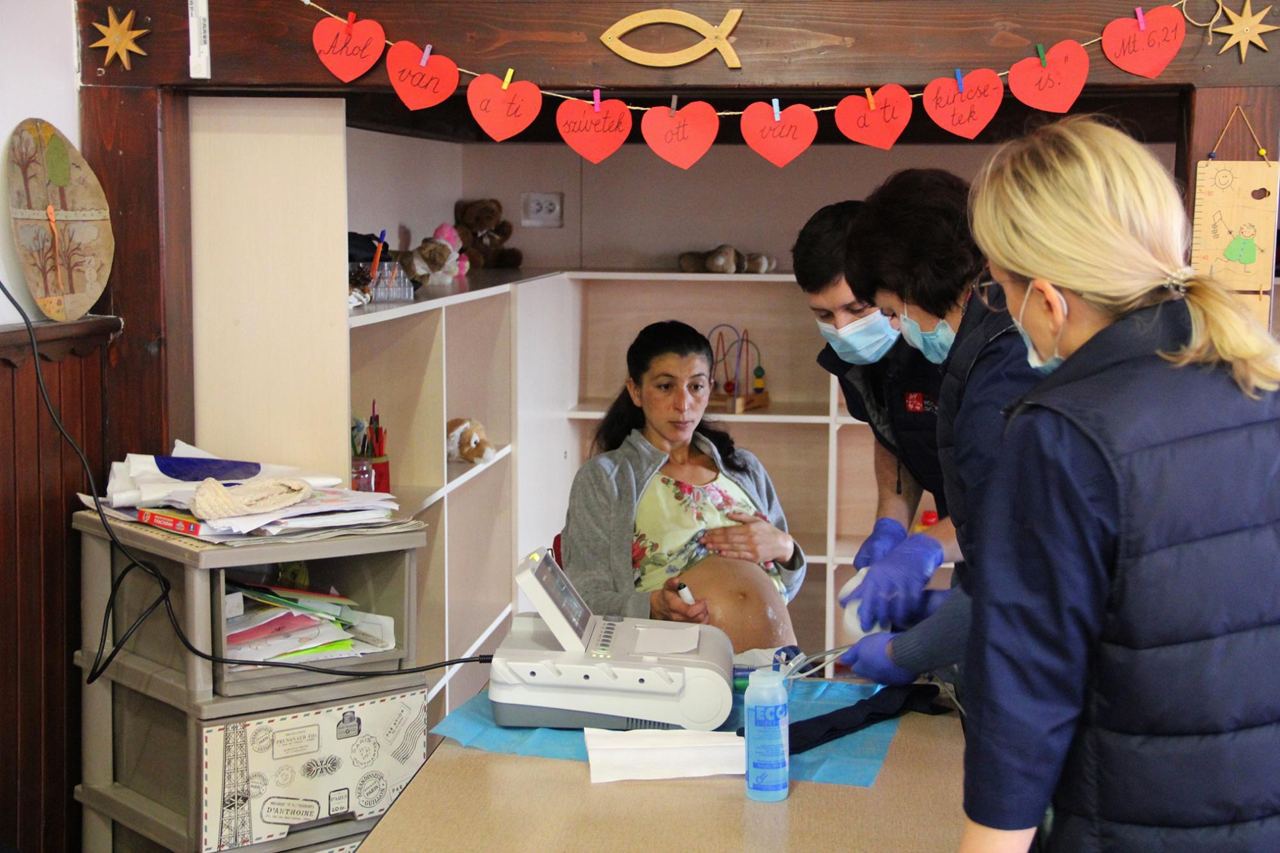
The furthest villages reached by the Mobile Gynecological Teams were in Rakhiv and Mizhhiria. Often, women in these areas face unemployment and dire personal and financial situations, complicated by the threats of the full-scale invasion. "Many women genuinely save money just to take a bus to the district center in Rakhiv: 80 hryvnias to get there and come back, and people have other priority expenses. It's sad, but it's the reality," agreeingly conclude Sviatoslav Borshosh and Victoria Bodnar.
Sharing her perspective, Ida Shomi, a nurse from the family clinic in Velyki Berehy, says, "In our village, 33 children were born this year. There are many pregnant women, and all the medical tests are only available in the city. It’s difficult for people to get there. Therefore, the Mobile Gynecological Teams are a very good and promising initiative." She encourages residents of Velyki Berehy to attend regular free check-ups organized by the UNFPA Mobile Gynecological Team.
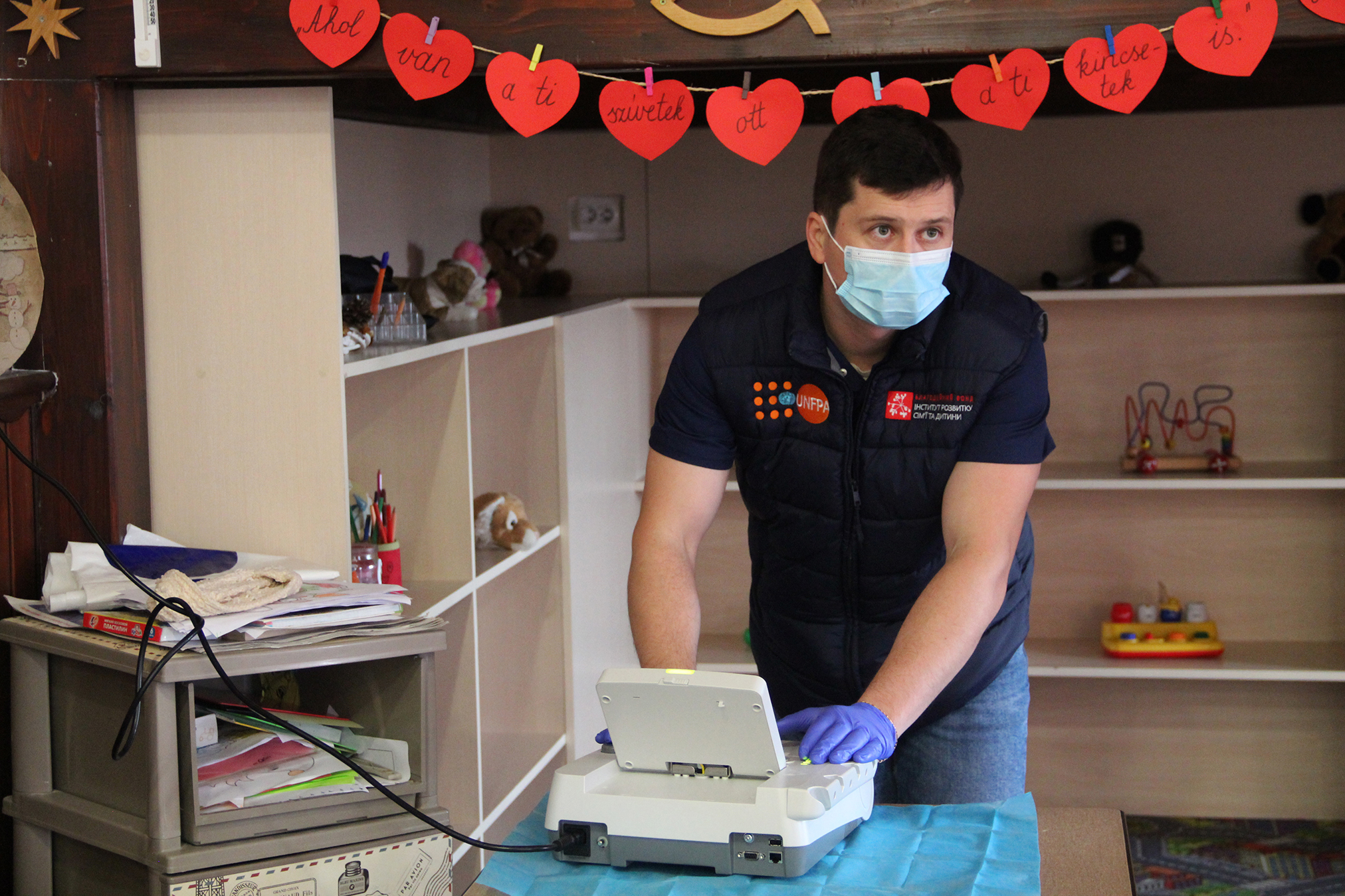
Mobile Gynecological Teams function within the framework of UNFPA, the United Nations Population Fund, humanitarian response with the financial support of the European Union, the Ministry of Foreign Affairs of Denmark, Canada, France and the Republic of Korea.
The vehicles of the mobile gynecological brigades were purchased with the support of the Spanish Agency for International Development Cooperation (AECID).

